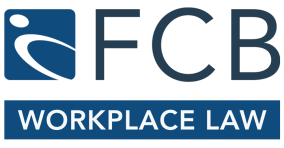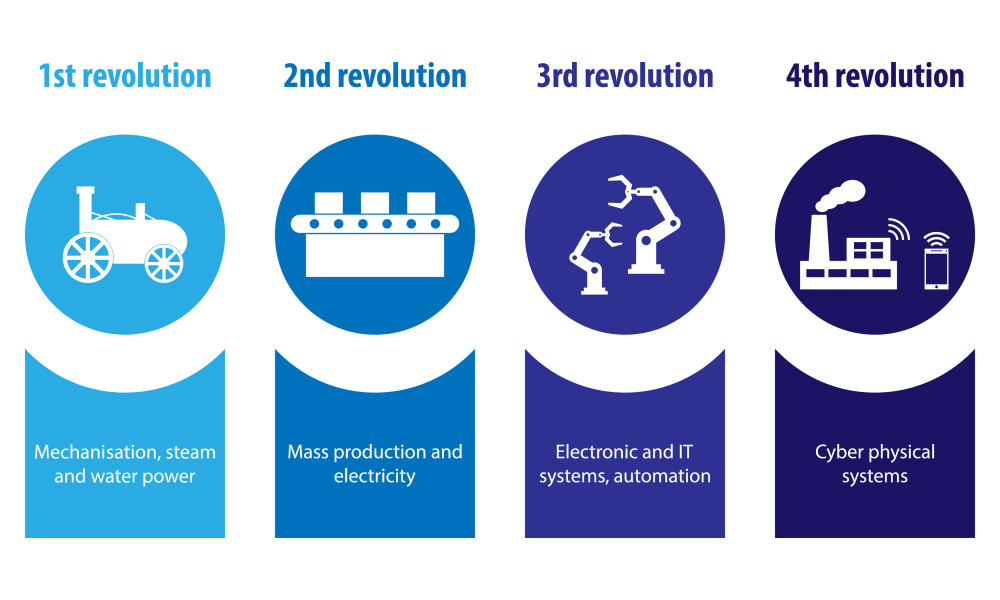Industrial Revolution 4.0 – Part One: Macro Labour Market Implications
March 6, 2017Partner of FCB Workplace Law, Matthew Robinson, examines the Industrial Revolution 4.0 through the lens of Australian Employment law and Industrial Relations impacts on the Manufacturing Industry.
The Industrial Revolution 4.0 is expected to drastically transform not only Australian manufacturing processes but the industrial relations framework of the business models that underpin them. Australian workforces will be reskilled, retooled, relocated and restructured, requiring business owners to exercise foresight into how existing industrial relations models will need to adapt to the technological changes on the horizon.
In this three part series, the FCB Group will explore the untapped area of employment and industrial relations implications of the Industrial Revolution 4.0 on the Australian working landscape. This first article will examine how the Industrial Revolution 4.0 will impact job criteria and job composition in the Australian manufacturing sector. Our second article will consider the impact of Enterprise Bargaining, workplace flexibility, independent contracting and the influence of the Australian Union movement. Finally, the third article in this trilogy will discuss how Australian advanced manufacturers can take steps to protect their intellectual property, confidential information and workforce from external competitors.
What are the Impacts on the Australian Labour Market?
The Industrial Revolution 4.0 is set to impact all stakeholders in the manufacturing industry, including the size, composition and location of your workforce. Information is the best defense in ensuring your company is able to adapt its industrial relations strategies to capture and drive the business opportunities presented by these changes. Look out for Article 2, which will discuss how these changes are likely to result in manufacturers having to adopt changes to their current industrial relations strategies, including the negotiations of Enterprise Agreements, impacts on the Union movement and the growing importance of employment contracts.
To download the first article, please fill in the following form.


























